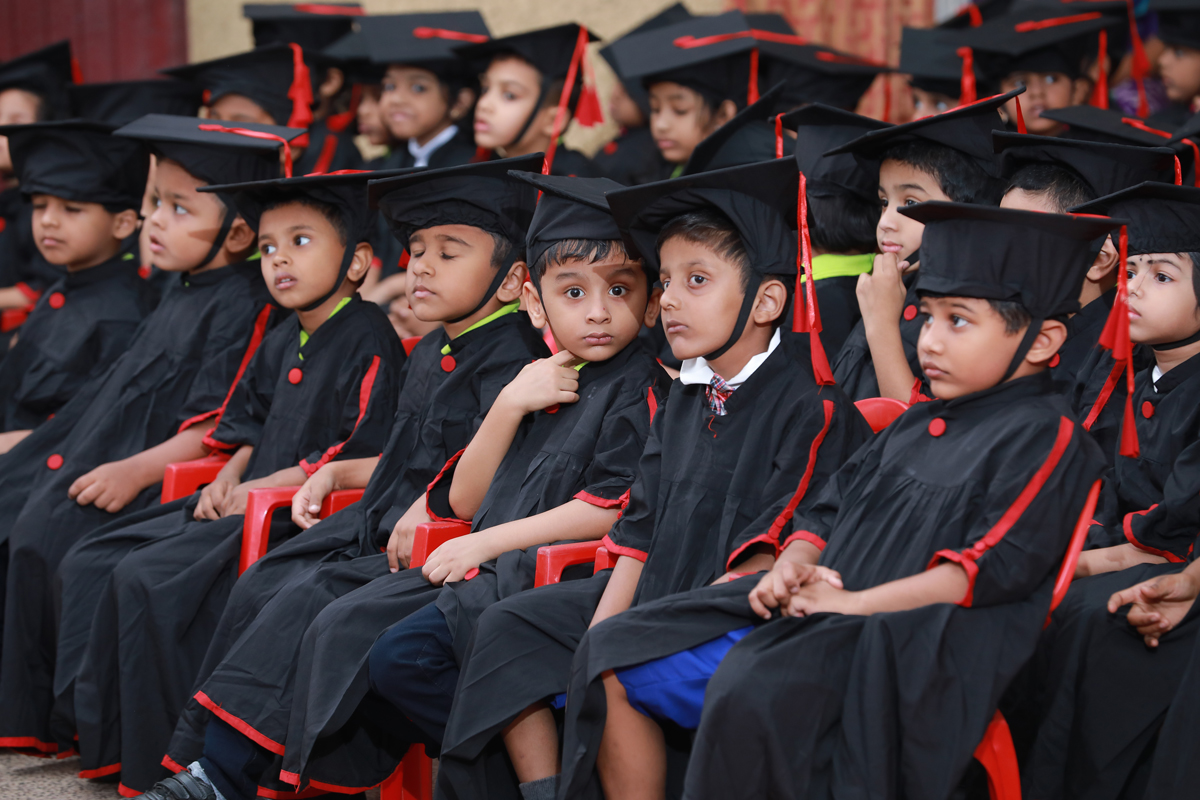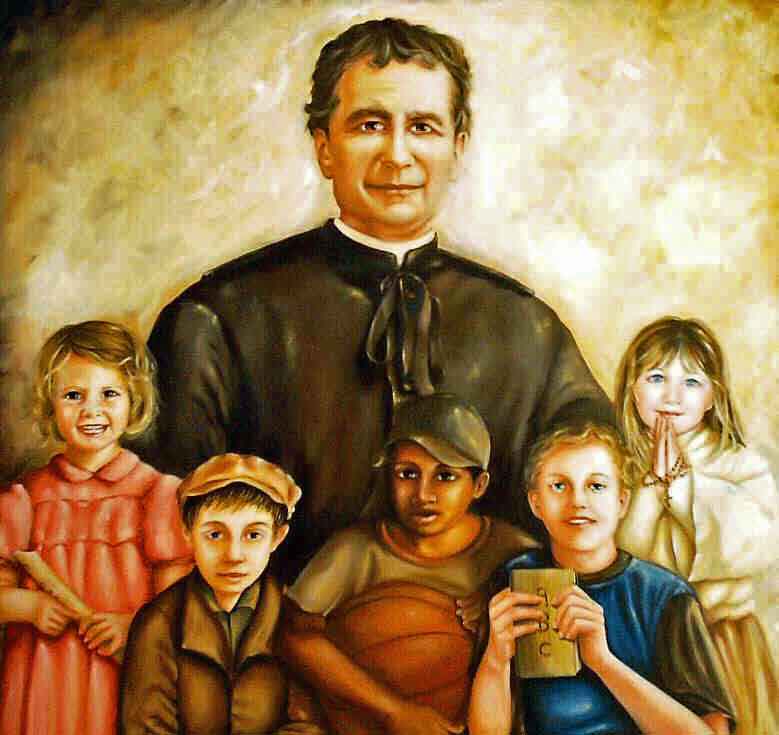Salesians of
Don Bosco
As an international organization of men dedicated full time to the service of young people, the Salesians of Don Bosco focus all its initiatives on ‘Youth Resource Development’, believing that its total dedication to the holistic education of young people is the best gift to humanity today for a better world tomorrow.
With its headquarters in Rome, Salesians of Don Bosco is spread over 131 countries. Through a global network of educational and social service organizations which include 15 universities, 58 institutions of higher education and thousands of schools and social development centres, it currently caters to over fifteen million young people the world over. Today, the Salesian Family boasts of nearly 402,500 members in the service of young people.
The Salesians of Don Bosco also enjoys special consultancy status at the United Nations and is recognized by the Government of India as the largest non-governmental provider of technical education in the country.
Preventive System
Protection from any physical or moral harm through education

Experiential Lessons
Experiential lessons through games and sports for discipline and peer collaborations
Three Pillars
Based on Reason, Religion and Loving-kindness.
Educational System of Don Bosco
St. John Bosco was an exceptional educator. His acute intelligence, common sense and profound spirituality led him to create a system of education that develops the whole person – body, heart, mind and spirit. It enhances growth and freedom while putting the child at the centre of the whole educational enterprise.



To distinguish his method from the repressive system of education prevalent in 19th century Italy, he called his own method the ‘preventive’ system – because it seeks to prevent the need for punishment by placing the child in an environment in which he/she is encouraged to be the best one can be. It is a congenial, friendly and holistic approach to education.
It creates a climate that ‘draws forth’ (educere) the best in the child, that encourages the child’s complete and fullest self-expression, that assists young people in acquiring habits that will lead them to opt in favour of what is good, healthy, joyful and life-enhancing.













